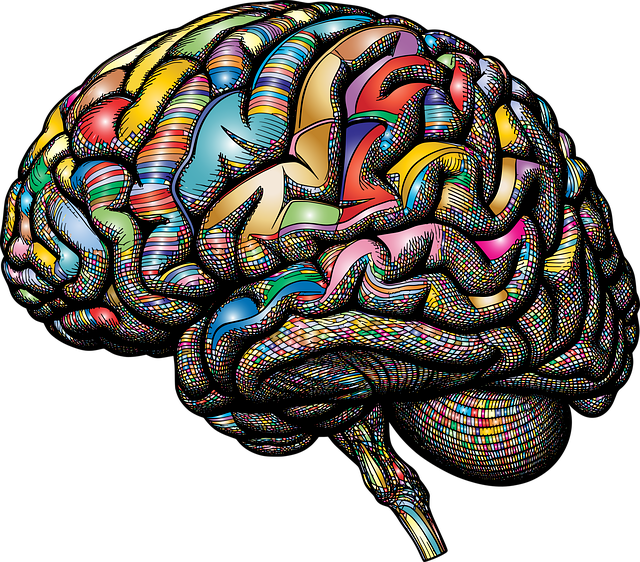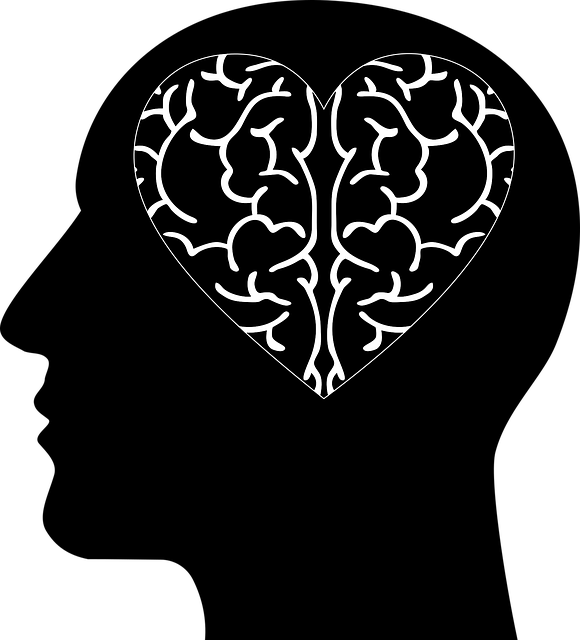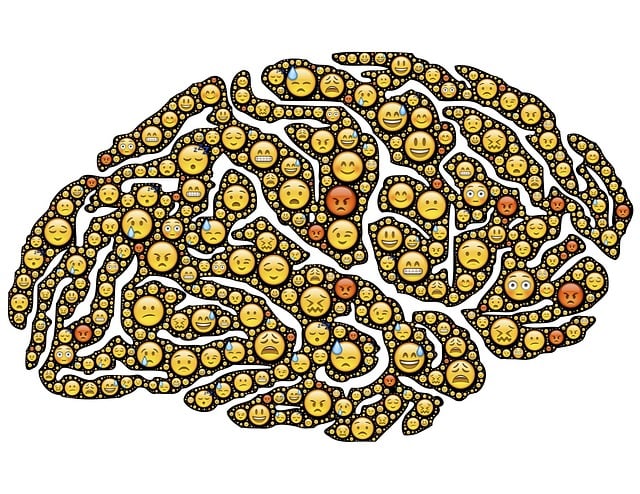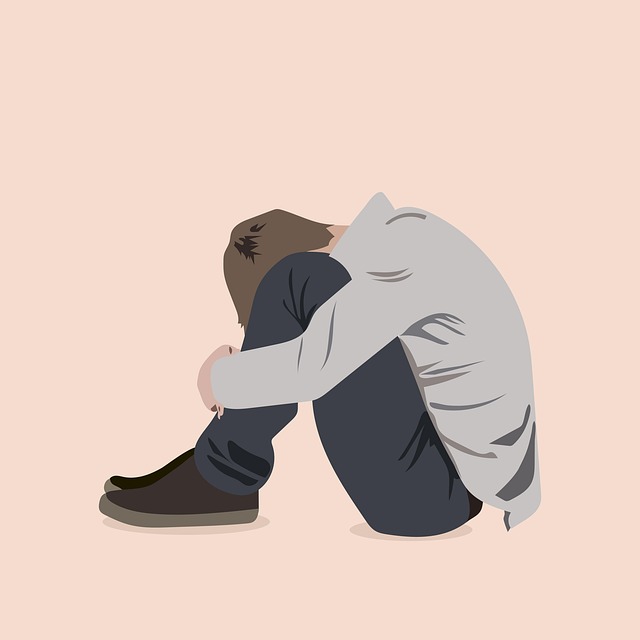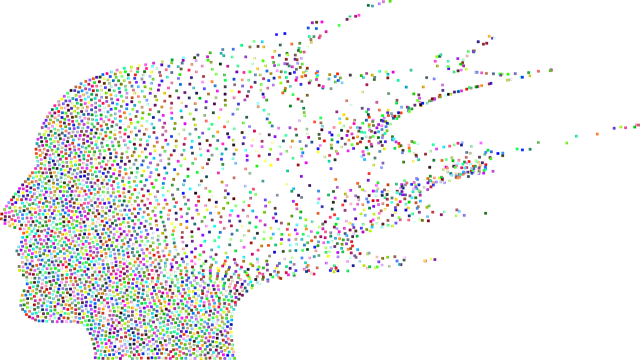Media portrayal significantly shapes public understanding of mental illness, with accurate depictions fostering empathy and encouraging help-seeking while negative representations perpetuate stigma. In Lafayette, access to quality stress management therapy through community outreach programs highlights the importance of responsible storytelling in challenging stereotypes. Encouraging open conversations about mental health promotes healthier attitudes, ensuring individuals receive needed support. Initiatives like Lafayette Stress Management Therapy offer holistic approaches, integrating mindfulness and cognitive-behavioral therapy to empower individuals with resilience. Collaboration between media outlets and mental health professionals is crucial for crafting accurate, empathetic narratives that reduce stigma, fostering a more compassionate society.
In today’s media landscape, the representation of mental illness can significantly impact public perception and understanding. This article explores the challenge of inaccurate portrayals and offers solutions to foster positive change. We delve into the profound effects of media on mental health stigma, examining current trends in mental illness depiction. Introducing Lafayette Stress Management Therapy, a holistic approach challenging stereotypes, we present effective strategies for accurate, compassionate media representation. Collaboration between media and mental health professionals is key to driving positive transformation.
- Understanding the Impact of Media Portrayal on Mental Health Perception
- The Current State: How Media Often Depicts Mental Illness
- Lafayette Stress Management Therapy: A Holistic Approach to Challenging Stereotypes
- Strategies for Accurate and Compassionate Media Representation
- Fostering Positive Change: Collaboration Between Media and Mental Health Professionals
Understanding the Impact of Media Portrayal on Mental Health Perception

Media portrayal of mental illness can significantly shape public perception and understanding of various conditions. Often, media narratives either perpetuate harmful stereotypes or offer a glimpse of hope, depending on how stories are told. When depicted accurately, media can serve as an educational tool, fostering empathy and breaking down barriers associated with seeking help for mental health issues. Conversely, negative representations can lead to stigmatization, further isolating individuals who already struggle with their inner demons. This is where the role of responsible storytelling becomes crucial, especially in a city like Lafayette, where access to quality stress management therapy services is readily available through community outreach programs.
Understanding these impacts is vital as it encourages the development of inner strength and self-awareness exercises that challenge media stereotypes. Encouraging open conversations about mental health can help promote healthier attitudes, ensuring individuals receive the support they need. Implementing community outreach program initiatives can further compound these efforts by providing platforms for diverse voices to share their experiences, thereby enriching the public’s understanding of mental illness beyond the confines of traditional media narratives.
The Current State: How Media Often Depicts Mental Illness

In today’s media landscape, mental illness is frequently portrayed in ways that perpetuate harmful stereotypes and misunderstandings. Often, media representations reduce complex conditions to simplistic narratives, focusing on extreme symptoms or misrepresenting the experiences of individuals living with mental health issues. This can lead to a lack of empathy and support for those seeking help. For instance, depression is sometimes depicted as a mere phase, while anxiety may be exaggerated as an incessant, overwhelming fear without any context or understanding of its nuances.
Such depictions fail to capture the diverse nature of mental illness and can discourage vulnerable viewers from seeking professional assistance. The current state of media representation demands a shift towards more nuanced and accurate portrayals. By showcasing individuals with mental health conditions as complex characters with unique stories, media can foster a better understanding of these issues within society, encouraging empathy and support for those in need, like those who turn to Lafayette Stress Management Therapy or seek Social Skills Training to manage their emotional regulation.
Lafayette Stress Management Therapy: A Holistic Approach to Challenging Stereotypes

Lafayette Stress Management Therapy takes a holistic approach to challenging stereotypes around mental illness, focusing on both individual and societal transformation. This innovative program recognizes that understanding and managing stress is crucial for mental wellness. By integrating techniques such as mindfulness, cognitive-behavioral therapy, and self-care practices like journaling exercises, individuals learn to navigate life’s challenges with greater resilience.
The therapy goes beyond personal growth by emphasizing the importance of healthcare provider cultural competency training. This ensures that the support system itself is equipped to address diverse needs and perspectives, fostering a more inclusive environment. By combining these strategies, Lafayette Stress Management Therapy not only empowers individuals to manage their mental health but also contributes to breaking down barriers and stereotypes associated with seeking help, ultimately enhancing society’s overall mental wellness.
Strategies for Accurate and Compassionate Media Representation

Media representation plays a pivotal role in shaping public perception about mental illness. To challenge stigmatization and promote understanding, media outlets must adopt strategies that ensure accurate and compassionate portrayal. This includes employing professionals like therapists and counselors to provide guidance on complex conditions, ensuring narratives that reflect diverse experiences, and showcasing recovery stories alongside struggles. By doing so, media can foster empathy and dispel myths surrounding mental health issues.
For instance, incorporating scenes of individuals seeking help from qualified practitioners, such as those offered by Lafayette Stress Management Therapy, can normalize the idea of therapy. Additionally, crisis intervention techniques depicted in real-life scenarios can equip viewers with valuable insights on how to support friends and family during mental health emergencies. Risk management planning for mental health professionals is also crucial in showcasing their expertise while maintaining sensitivity. Promoting positive thinking and resilience through media representation can further empower audiences to approach mental wellness proactively.
Fostering Positive Change: Collaboration Between Media and Mental Health Professionals

Collaboration between media outlets and mental health professionals is a powerful tool to foster positive change in how mental illness is represented. By bringing together experts and creators, we can develop more accurate and empathetic narratives that resonate with audiences. Media has the unique ability to shape public perception, and when used responsibly, it can promote understanding and reduce stigma surrounding mental health issues. Professionals can offer insights into the nuances of various conditions, ensuring stories are told sensitively and authentically.
This partnership can lead to innovative projects like Mental Wellness Podcast Series Production, where industry experts share their knowledge, or even Lafayette Stress Management Therapy programs tailored for media-specific needs. Moreover, such collaborations can enhance Healthcare Provider Cultural Competency Training, ensuring professionals are equipped to handle sensitive content responsibly and accurately. Together, these efforts contribute to a more comprehensive and positive representation of mental wellness in the media landscape.
Media representation plays a pivotal role in shaping public perception of mental health. By adopting holistic approaches, such as those offered by Lafayette Stress Management Therapy, and implementing strategies for accurate and compassionate depiction, we can challenge harmful stereotypes. Collaboration between media professionals and mental health experts is crucial to foster positive change, ensuring that stories about mental illness are told with empathy and sensitivity, ultimately reducing stigma and promoting understanding in society.
